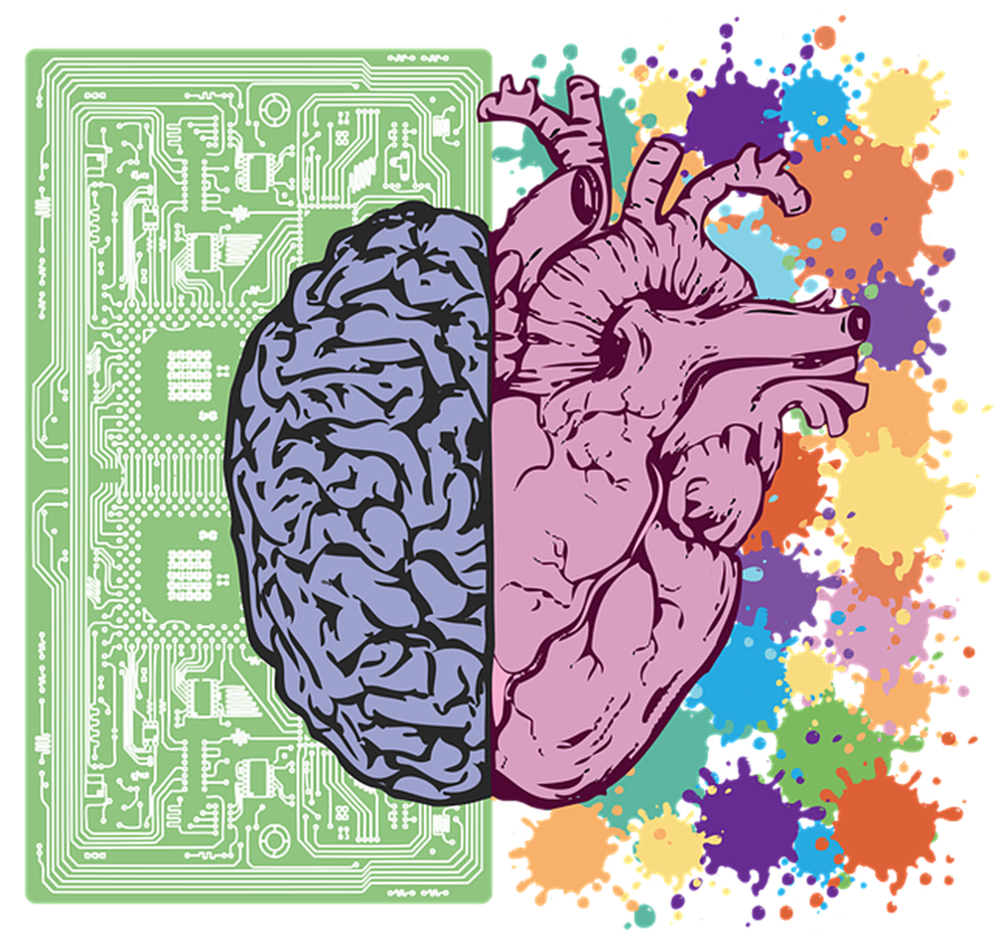
Parkinson's disease is a progressive disease of the nervous system that affects movement. Despite all the advances in neurology, the cause of Parkinson's disease is currently unknown, as well as how to prevent it.
Ikerbasque researchers from the IIS Biocruces Bizkaia Iñigo Gabilondo and Jesús Cortés have led a study in which they demonstrate the existence of alterations in the synchronization between the heart and the brain in Parkinson's disease (PD) and propose a new neuroimaging biomarker that allows to quantify this phenomenon and to identify patients with severe autonomic disorders.
This is a multidisciplinary collaborative work between the Neurodegenerative Diseases and Computational Neuroimaging Groups of the IIS Biocruces Bizkaia that has been published in the prestigious Nature NPJ Parkinson's Disease group journal under the title "Heart-brain synchronization breakdown in Parkinson's disease". The article studies a cohort of Parkinson's patients followed for more than a decade by the Neurodegenerative Diseases Group led by Dr. Juan Carlos Gomez-Esteban, internationally recognized in the field of dysautonomia. The follow-up of this cohort of patients has been financed by multiple projects, highlighting the international financing of the Michael J. Fox Foundation.
To conduct the study, the researchers studied 31 Parkinson's disease (PD) patients and 21 age-matched controls by simultaneously measuring brain activity by resting fMRI and heart rate variability in the index finger by pulse oximetry, and observed that PD patients have less heart-brain synchronicity than the controls, and this occurs mainly in brain regions involved in the control of autonomic functions. As a consequence of this discovery, the researchers have created a new index to measure the level of heart-brain synchronization, called the "Heart-Brain Synchronization Index", which makes it possible to differentiate patients with severe dysautonomic manifestations from those who do not.
Heart rate variability is a marker of autonomic activity or of the autonomic nervous system in the human body, being an indicator of the control of the heart by the brain whose alteration has been associated with a worse prognosis in different diseases. Autonomic manifestations in Parkinson's, among which are alterations in heart rate control, have been related to disease progression and shorter survival, and are considered prognostic markers which are present in the earliest phases of the Parkinson's disease. Despite being considered potential biomarkers in PD, the mechanisms that produce these alterations in the control of cardiac function in PD are not well understood. The identification of a brain imaging biomarker associated with changes in heart rate variability in Parkinson's disease is of decisive importance, not only because it can help clarify the mechanisms involved in the disease, but mainly because it constitutes a potential tool for diagnosis and early classification in Parkinson's disease and other related neurodegenerative diseases.
For more information: https://www.nature.com/articles/s41531-022-00323-w
.png)
